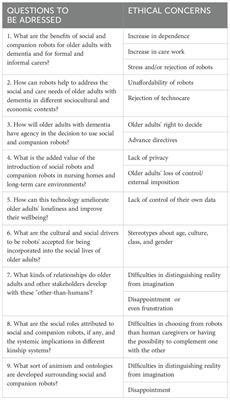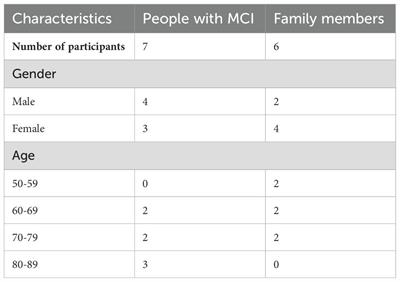ORIGINAL RESEARCH
Accepted on 03 Feb 2025
Vulnerabilities in migrant live-in care arrangements for people with dementia: A Comparative analysis of experts' insights from Germany and Israel
doi 10.3389/fpsyt.2025.1485270
1,520
Total downloads
10k
Total views and downloads
You will be redirected to our submission process.
ORIGINAL RESEARCH
Accepted on 03 Feb 2025
CONCEPTUAL ANALYSIS
Published on 13 Jan 2025
ORIGINAL RESEARCH
Published on 10 Jan 2025
HYPOTHESIS AND THEORY
Published on 10 Jan 2025
ORIGINAL RESEARCH
Published on 12 Dec 2024
ORIGINAL RESEARCH
Published on 01 Oct 2024
REVIEW
Published on 25 Sep 2024

ORIGINAL RESEARCH
Published on 20 Sep 2024

HYPOTHESIS AND THEORY
Published on 29 Jul 2024
